Colombia: Building bridges between social and productive inclusion policies
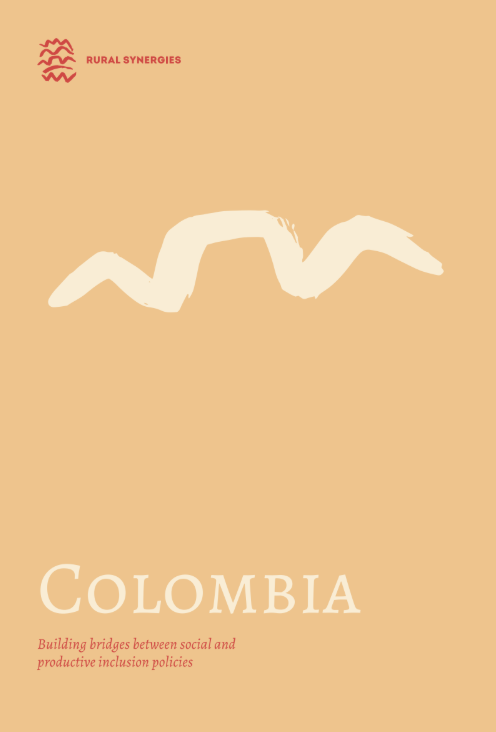
This document presents a summary of the results of the evaluation of synergies and complementarities between the familias en su tierra (fest) programme and the estrategia, as a result of a quantitative and qualitative impact evaluation, along with an institutional analysis. The document describes the analysed programmes together with the theory
Colombia: Tendiendo puentes entre políticas sociales y de inclusión productiva II
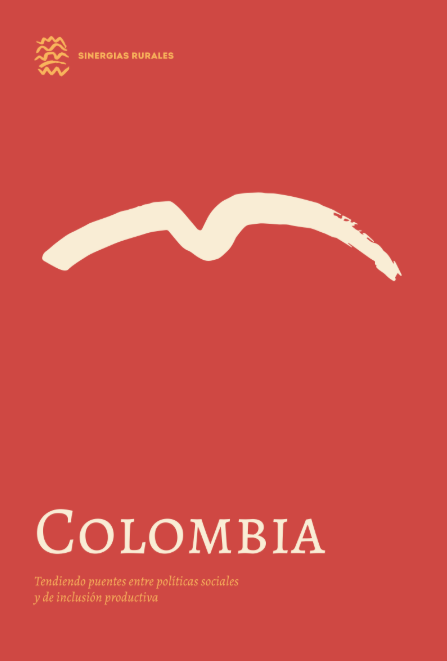
El documento describe el programa analizado junto a la teoría del cambio que lo sustenta. Además, presenta los principales resultados de la evaluación de impacto y del análisis institucional, los que sustentan las sugerencias para mejorar el potencial de articulación
entre el proyecto y el conjunto de la oferta dirigida a hogares víctimas de desplazamiento. Al final del documento, se encuentra una ficha técnica que detalla los aspectos metodológicos del estudio.
Los efectos de la pandemia en el mercado laboral de la mujer rural en Colombia
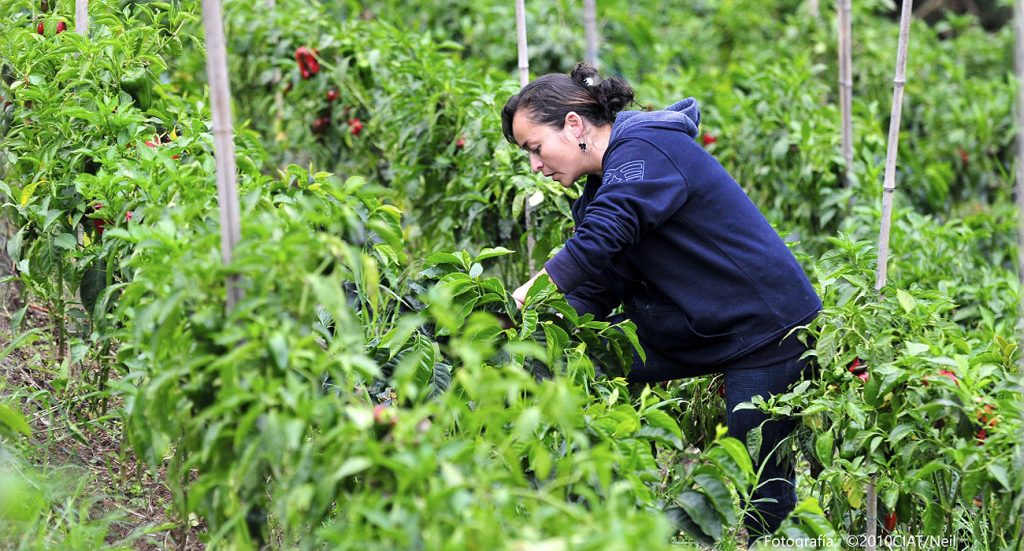
Rimisp con el apoyo financiero de Fondo Internacional de Desarrollo Agrícola (FIDA), realizó un análisis que permitiera conocer los posibles efectos del COVID-19 en el empleo rural colombiano, generando información oportunidad y de calidad que representa un insumo para las medidas y políticas públicas que se diseñen en la Misión de Empleo, creada en el país en julio de 2020.
La participación política de la mujer rural y su relevancia en Colombia
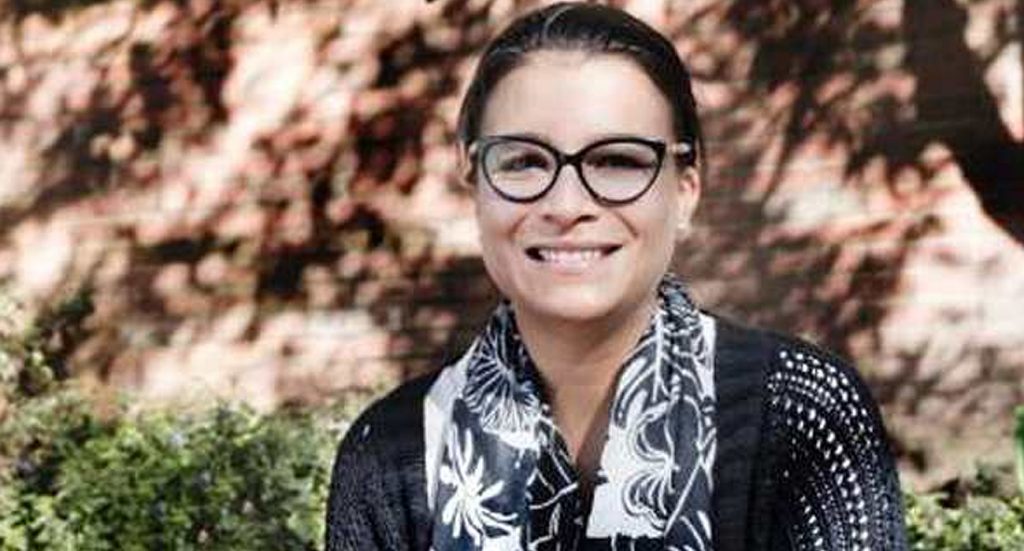
Dialogamos con Lina Fernanda Buchely Ibarra, Directora del OEM, sobre cómo a través de la medición y el análisis sistemáticos ha sido posible comprender los desafíos que enfrentan mujeres rurales en diferentes dimensiones.
El diálogo social como una herramienta para la construcción de paz en el Alto Patía y Norte del Cauca

En el camino de la construcción de paz de Colombia, el diálogo entre los diversos actores que convergen en un territorio es un factor determinante para la transformación territorial.
La relevancia de la formulación de indicadores cotidianos en la transformación territorial de Colombia
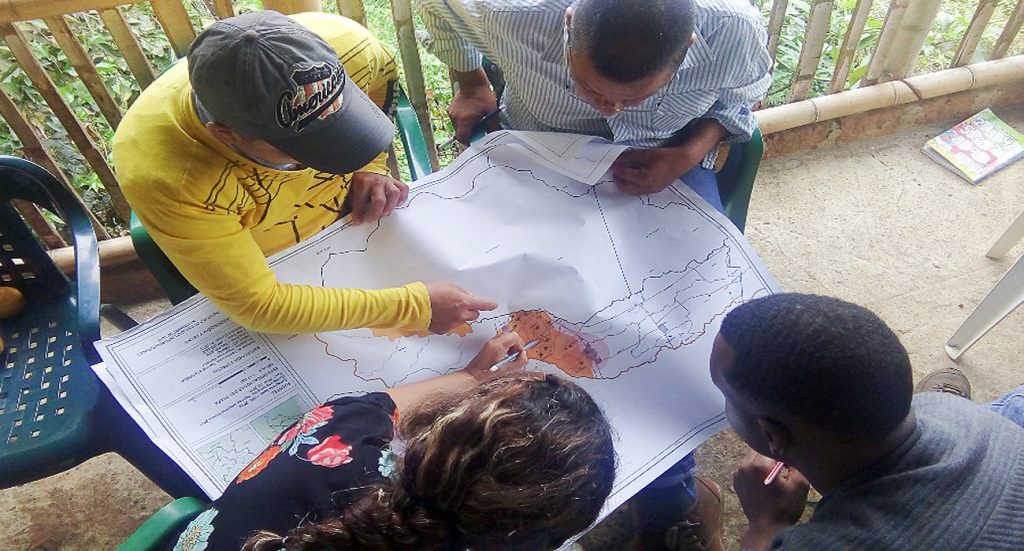
Los indicadores son instrumentos que facilitan la toma de decisiones de política pública, y tradicionalmente, son diseñados desde la academia, los centros de pensamiento técnico y el sector privado, donde las fuentes de información son las estadísticas oficiales o líneas base que levantan los organismos de cooperación
Podcast: Acciones Colectivas por la Paz
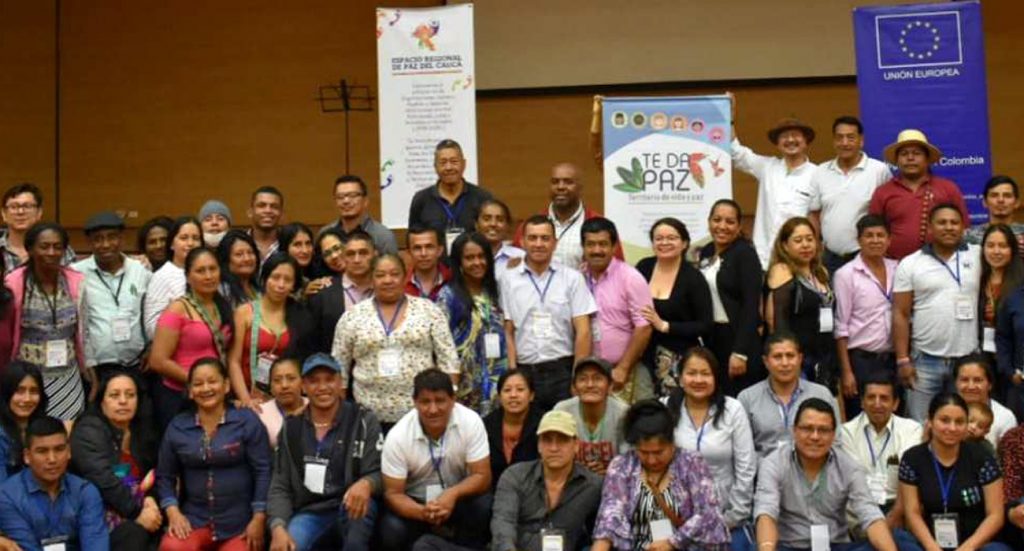
Las organizaciones indígenas, afrocolombianas, campesinas, de mujeres y víctimas de la violencia en 24 municipios de la subregión del Alto Patía y Norte del Cauca, en Colombia, se articulan para construir paz en una de las zonas del país más afectada por la violencia.
Plataforma para la construcción de la paz en la subregión del Alto Patía y Norte del Cauca en Colombia
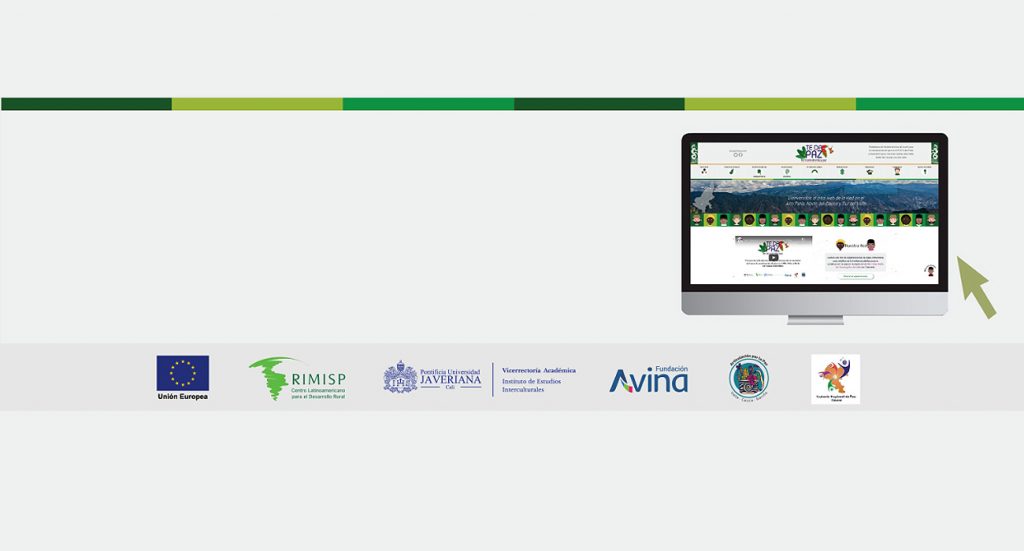
Tedapaz es una plataforma virtual liderada por las organizaciones de la sociedad civil en la cual se recopila y visibiliza información cualitativa y cuantitativa sobre el proceso de construcción de paz como parte del proceso de seguimiento participativo al Programa de Desarrollo con Enfoque Territorial (PDET) de esta zona del país.
Rimisp firma alianza con Observatorio para la Equidad de las Mujeres en Colombia
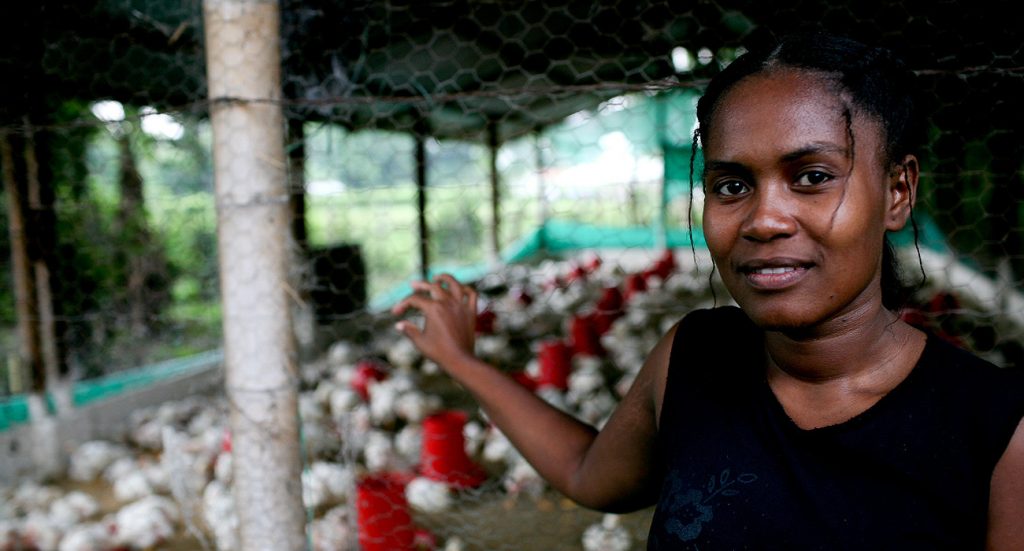
Con el objetivo de promover la construcción de insumos y herramientas de incidencia social y política que contribuyan al cierre de las brechas, barreras e inequidades de género que enfrentan las mujeres rurales, la Universidad ICESI, a través del Observatorio para la Equidad de las Mujeres (OEM), y Rimisp, mediante el Observatorio de Género Mujeres y Territorios, suscriben alianza en Colombia.
ComunicaPaz, un taller de periodismo para la construcción de la paz en Colombia
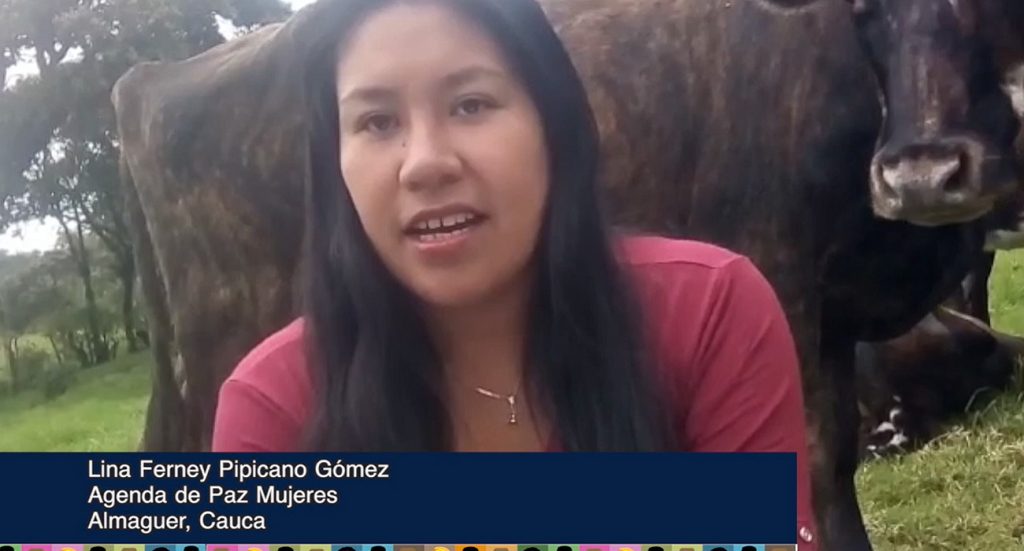
Con el objetivo de brindar un espacio formativo en periodismo y comunicación a las organizaciones indígenas, campesinas, afrocolombianas, de mujeres y víctimas de la violencia en la subregión del Alto Patía y Norte del Cauca (Colombia),el proyecto “Capacidades para la Incidencia” desarrolla el taller virtual “Durante la pandemia, en casa aprendo periodismo” con el apoyo del grupo de periodístico del medio de comunicación Las Dos Orillas.